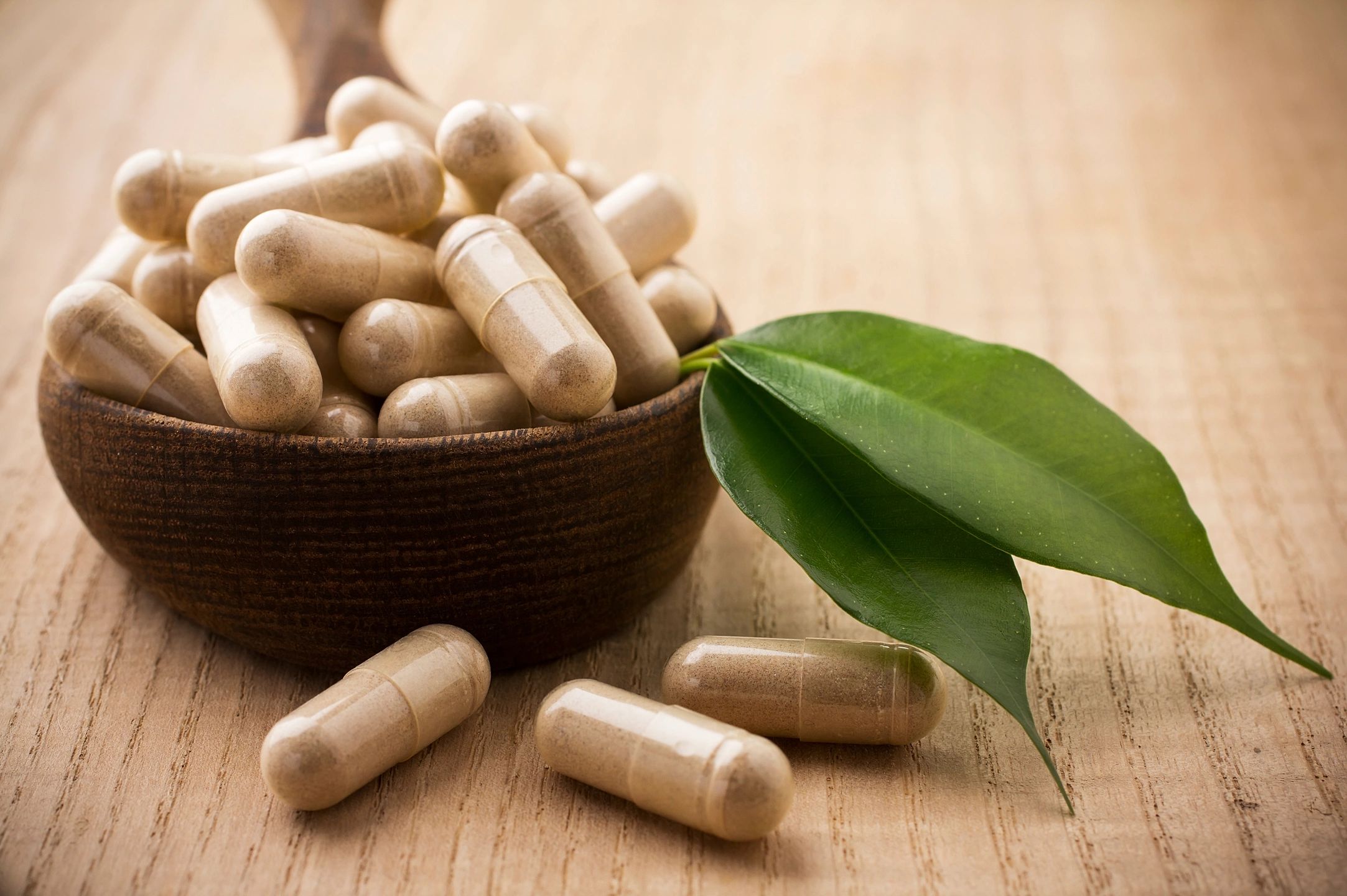Lutein, a nutrient and antioxidant found in foods such as spinach, kale, collard greens, and egg yolks and extracted from marigolds to make dietary supplements, has been studied as a critical component for maintaining good vision health. A large government study has found that a daily combination of dietary supplements (including Lutein) reduces the risk of a chronic eye disease known as age related macular degeneration from progressing to an advanced stage where there is a risk of blindness.
Studies
Other studies have suggested Lutein can improve vision in healthy adults and improve age-related cognition. When consumed, Emily Y. Chew, deputy clinical director at the federal National Eye Institute explains, the two nutrients Lutein and its close relative Zeaxanthin, often referred to as macular carotenoids, are deposited in the center of the retina, where they protect sensitive eye cells from incoming light. These nutrients are believed to serve as antioxidants in the eye by protecting the cells from damage by oxidation, she adds.
In a federally funded 4,203 person study published earlier this year in the *Journal of the American Medical Association, Lutein and Zeaxanthin when taken along with vitamins C and E, zinc and copper helped prevent the progression of this eye disease that is common in the elderly (macular degeneration) in people who already have it, says Dr. Chew, co-author of the study.
In 2010, a study based on a large database of Americans and published in the *Journal of the American Dietetic Association, indicated that the average American was not getting enough Lutein and found the average daily consumption of Lutein was less than a milligram a day. Elizabeth J. Johnson, a scientist at the Jean Mayer U.S Department of Agriculture Human Nutrition Research Center on Aging at the Tufts University in Boston, said. An additional study of nearly 300 centenarians and octogenarians in 2013, conducted by Dr. Johnson and published in the Journal of Aging Research found that the higher blood levels of Lutein were linked to better performance on a series of brain-function tests, like word-association. Dr. Johnson explains, “If you have more Lutein in the brain, it’s likely that you have better cognition.”
For more information or studies on this nutrient and antioxidant, please click here!



